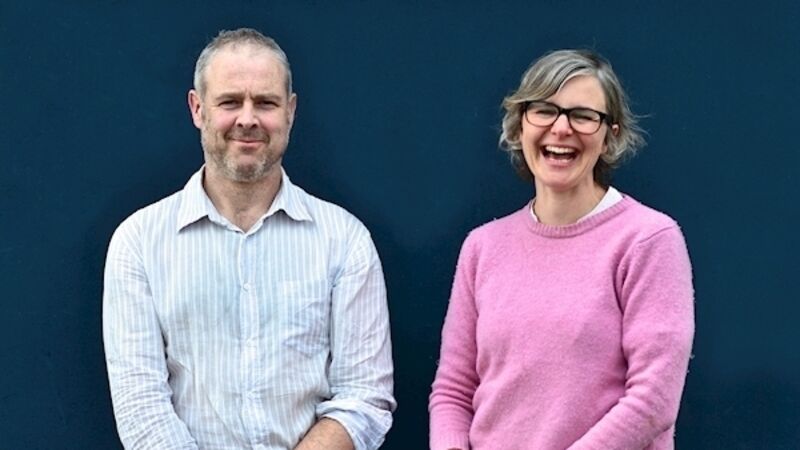It takes an eco village: raising a free range family

Moving to Cloughjordan eco-village was my idea. I’d done a dance project in Scotland’s Findhorn Foundation community in 2004 and it opened my eyes to another way of living.
I was 34 then and trying to have kids. For my husband Joe and I, eco-village living offered a different way of life, one that made sense, one in which kids could free-range happily. So we joined the Cloughjordan eco-village project and built a house here.











